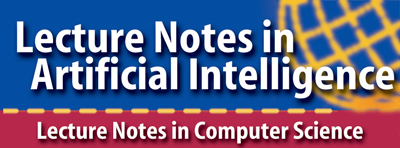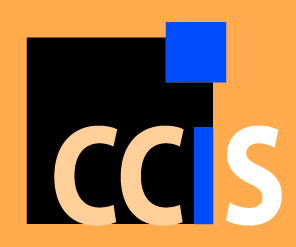Scope
In this workshop, we want to discuss technological solutions for Adaptive Smart Areas, geo-positioned locations with a high need for sensorization, which facilitates their adaptation to significant changes in environmental conditions. Proposed solutions should facilitate decision-making of independent entities fostering collaboration and coordination among them to improve available resources or increase their efficiency in a specific area (cities, buildings, villages, farms, forests, etc...). Adaptive Smart Areas represent a new way of thinking about any kind of space by shaping a model that integrates aspects like energy efficiency, sustainable mobility, protection of the environment, and economic sustainability. These areas provide potentially unlimited settings for intelligent agents to display their ability to react, act proactively, interact between themselves, or otherwise plan, learn, etc., in an intelligent, or somewhat human, manner.
Therefore, this workshop aims to discuss the use of agent technology for Adaptive Smart Areas to provide intelligence to any of these areas. We welcome any paper about experiences on the use of agents in Adaptive Smart Areas tackling issues related to smart architectures, simulations, intelligent infrastructure, smart transport, robotics, open data, … We also intend to address specific methodological and technological issues raised by the real deployment of agents in Adaptive Smart Areas.
Topics
Topics that could be relevant for the workshop include specially applications, but also theoretical approaches, based (but not limited) on:
- Smart city modelingSmart city simulation
- Precision agriculture
- Smart farming
- Intelligent infrastructures
- Sensors and actuators
- ML-enabled predictive and analytic solutions
- Intelligence applications and crop monitoring
- Smart health and emergency management
- Smart environmentsSmart education
- Smart healthSmart mobility and transportation
- Intelligent vehicles
- Ethical and legal issues in Adaptive Smart Areas
- Cloud and edge assisted applications
- Agricultural robotics
- Data sharing and privacy
- Cost-efficient wireless sensor nodes, network architecture, and implementation
- New environment sensor technologies
Organizing Committee
- Vicente Julián- Universitat Politècnica de València (Spain)
- Adriana Giret - Universitat Politècnica de València (Spain)
- Carlos Carrascosa - Universitat Politècnica de València (Spain)
- Sara Rodríguez - Universidad de Salamanca (Spain)
- Fernando De la Prieta - Universidad de Salamanca (Spain)
- Alberto Fernández - Universidad Rey Juan Carlos (Spain)
- Holger Billhardt - Universidad Rey Juan Carlos (Spain)
- Marin Lujak - Universidad Rey Juan Carlos (Spain)
Program Committee
- Alfonso González Briones, University of Salamanca (Spain)
- Ana Belén Gil González, University of Salamanca (Spain)
- Gonçalo Marques, Polytechnic of Coimbra (Portugal)
- Jaume Jordán, Universitat Politècnica de València (Spain)
- Javier Parra, University of Salamanca (Spain)
- Joao Carneiro, ISEP/GECAD (Portugal)
- José Machado, University of Minho (Portugal)
- Juan M. Alberola, Universitat Politècnica de València (Spain)
- Marian Cristian Mihaescu, University of Craiova (Poland)
- Pasqual Martí, Universitat Politècnica de València (Spain)
- Radu-Casian Mihailescu, Malmö University (Sweden)
- Ralf Bruns, Hochschule Hannover (Germany)
- Ramon Hermoso, University of Zaragoza (Spain)
- Stella Heras, Universitat Politècnica de València (Spain)
- Victor Sanchez-Anguix, Universitat Politècnica de València (Spain)
- Iván Bernabé, Rey Juan Carlos University (Spain)
- Marcelo Karanik, Rey Juan Carlos University (Spain)
- Cedric Marco Detchart, Universitat Pública de Navarra (Spain)
- Jaime Rincón Arango, University of Burgos (Spain)


